
kelas
programming.com
In-Person Course

Modern PHP Programming with Composer
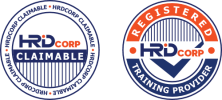
Training Provider
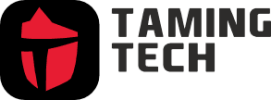
Duration
4 Days
time
9:00 am to 5:00 pm
participants
5 to 20 participants
Delivery
On-site and face to face
Materials
Training materials is included
Meals
Breakfast, lunch and afternoon tea is provided
Device
Bring your own device / laptop
language
Malay & English
Price
RM3,900 plus SST
Location
KelasProgramming.com by Taming Tech Sdn Bhd, 321A, First Floor, Lorong Selangor, Taman Melawati, 53100 Kuala Lumpur
Pre-requisite
Participants are expected to have basic HTML, CSS and PHP programming knoweldge
Overview
Embark on a transformative learning journey with our comprehensive four-day training program designed for intermediate PHP developers. This intensive course is meticulously crafted to elevate your PHP proficiency and empower you with the skills needed to build robust, maintainable, and scalable web applications.
Why Attend
- Practical Application: Build a mini MVC framework using Composer, ensuring real-world application of theoretical concepts.
- Expert Guidance: Benefit from expert-led sessions, engaging discussions, and hands-on exercises.
- Collaborative Learning: Connect with a community of intermediate PHP developers, fostering a collaborative and supportive learning environment.
- Career Advancement: Equip yourself with the skills demanded by today’s dynamic web development landscape.
Who Should Attend
This training is tailored for beginner and intermediate PHP developers seeking to deepen their knowledge and enhance their skill set. Participants with a foundational understanding of PHP will find this program instrumental in advancing their proficiency and staying ahead in the rapidly evolving field of web development.
Secure your spot in this transformative training experience and elevate your PHP expertise to new heights. Join us for four days of immersive learning, practical insights, and valuable networking opportunities.
Syllabus & Learning Outcome
Module 1: Introduction to Composer, Autoloading, and Namespacing
- Understanding Composer: Participants will learn how to use Composer to manage dependencies, autoload classes, and streamline the PHP project setup process.
- Implementing Autoloading: Participants will grasp the concept of autoloading in PHP, enabling them to efficiently organize and autoload classes without manual inclusion.
- Namespacing in PHP: Participants will gain a solid understanding of PHP namespaces, allowing for better code organization, preventing naming conflicts, and enhancing project maintainability.
Module 2: Understanding MVC Architecture and Project Structure
- MVC Basics: Participants will comprehend the fundamentals of the Model-View-Controller (MVC) architecture, understanding its benefits in separating concerns and improving code maintainability.
- Project Structuring: Participants will learn best practices for organizing project directories and files to adhere to MVC principles, ensuring a scalable and maintainable codebase.
- Autoloading in MVC: Participants will implement autoloading within the MVC context, ensuring that classes are loaded dynamically without manual inclusion, contributing to code organization.
Module 3: Building the Base Controller
- Creating a Base Controller: Participants will learn how to construct a base controller, which serves as the foundation for other controllers, centralizing common functionalities and promoting code reusability.
- Handling Requests: Participants will understand the role of the base controller in processing and handling incoming requests, facilitating efficient routing and request handling in an MVC framework.
- Implementing Controller Actions: Participants will gain hands-on experience in building and implementing controller actions within the base controller, allowing for effective communication between models and views.
Module 4: Introduction to Views and Templates
- Understanding Views in MVC: Participants will comprehend the role of views in MVC, separating presentation logic from business logic and facilitating the rendering of user interfaces.
- Choosing Template Libraries: Participants will explore various template libraries (e.g., Twig) and understand how to integrate them into their PHP projects, enhancing the separation of concerns in views.
- Passing Data to Views: Participants will learn techniques for passing data from controllers to views, enabling dynamic content rendering and enhancing the flexibility of the MVC framework.
Module 5: Implementing URL Routing
- Creating a Simple Router: Participants will learn to build a basic URL router, mapping incoming requests to specific controllers and actions, facilitating the implementation of clean and user-friendly URLs.
- Dynamic Routing: Participants will explore advanced routing concepts, including dynamic routing with route parameters, enabling the creation of dynamic and parameterized routes in the MVC framework.
- Practical Examples: Participants will engage in practical exercises to implement and customize URL routing based on real-world use cases, enhancing their proficiency in routing mechanisms.
Module 6: Building Views with Templates
- Using Templates for Rendering: Participants will learn to leverage template libraries for rendering HTML content within views, promoting code separation and maintainability.
- Data Binding in Views: Participants will understand how to bind data from controllers to views, ensuring dynamic content rendering and enabling the creation of reusable view components.
- Hands-on Practice: Through hands-on exercises, participants will build views using templates, gaining practical experience in structuring and rendering dynamic content within the MVC framework.
Module 7: Introduction to Database Models
- Role of Models in MVC: Participants will grasp the significance of models in the MVC architecture, understanding how models represent and interact with data within the application.
- Creating a Base Model Class: Participants will learn to create a foundational model class, encapsulating common database operations and establishing a standardized approach for interacting with databases.
- Interactive Discussions: Participants will engage in interactive discussions about different model structures, exploring best practices for designing models based on various application requirements.
Module 8: Connecting to a Database with PDO
- Configuring Database Connection: Participants will gain practical knowledge of configuring a database connection using PHP Data Objects (PDO), ensuring secure and efficient communication with databases.
- CRUD Operations with PDO: Participants will learn to perform CRUD (Create, Read, Update, Delete) operations using PDO, providing a foundation for building robust database interactions within the MVC framework.
- Practical Examples: Participants will work on practical examples to solidify their understanding of PDO, applying database connectivity concepts to real-world scenarios in MVC development.
Module 9: Building Specific Models
- Creating Models for Entities: Participants will learn to create specific models for different entities within the application, adhering to the MVC principle of one model per entity for improved code organization.
- Data Retrieval and Manipulation: Participants will implement methods within specific models for retrieving and manipulating data, ensuring efficient and purpose-specific interactions with the database.
- Integrating Models with Controllers: Through hands-on exercises, participants will integrate specific models with controllers, establishing seamless communication between the data layer and the application logic.
Module 10: Middleware, Session & Authentication
- Understanding Middleware: Participants will explore the concept of middleware in the context of an MVC framework, learning how middleware functions enhance request processing and response generation.
- Implementing Session Management: Participants will gain practical insights into implementing session management, facilitating the storage and retrieval of user-specific data throughout the user’s interaction with the application.
- Authentication Strategies: Participants will learn various authentication strategies within an MVC framework, enabling them to implement secure user authentication and authorization mechanisms.
Module 11: Form Handling and Validation
- Building Dynamic Forms: Participants will learn to create dynamic forms within the MVC framework, allowing users to interact with the application through input forms.
- Client-Side and Server-Side Validation: Participants will explore techniques for both client-side and server-side form validation, ensuring data integrity and security in user input handling.
- Form Handling Best Practices: Participants will be introduced to best practices in form handling, including data sanitization, validation, and error messaging, enhancing the user experience and application security.
Your Instructor
Khairil Iszuddin bin Ismail
HRD Corp Trainer ID : 12474
Graduated from Universiti Teknologi Malaysia with a bachelor’s degree in Computer Science in 2001, Kharil Iszuddin Ismail has various hands-on experience in system development as well as training corporates and government agencies.
Previous work experience including serving as CTO to e-Sentral.com, a startup that delivers ebook for publishers and readers in the SEA region. After that, Iszuddin also helped out Kiddocare to deploy their system for on-demand babysitter platform as their CTO.
Previous training clients include MAMPU, INTAN, KDN, KWSP, UM and many more.
Courses and Technical Skills
- Web Development with PHP & MySQL
- PHP Laravel Web Framework
- PHP Codeigniter Web Framework
- MySQL Database Management
- RESTful API Development with
- PHP & Fusio API Gateway
- Git – Source Code Management & Version Control
- HTML/CSS
- Responsive Web with Bootstrap
- Javascript & JQuery
- Hybrid Mobile Development with Phonegap / Cordova
- Deploying Web Application on Cloud Infrastructure (AWS, Linode or Digital Ocean)
- Web Server Management with RunCloud
- Web Application Cloud Deployment Infrastructure
- Web Application Team Development
- WordPress Theme Development
- WordPress Plugin Development
- WordPress Web Content Management
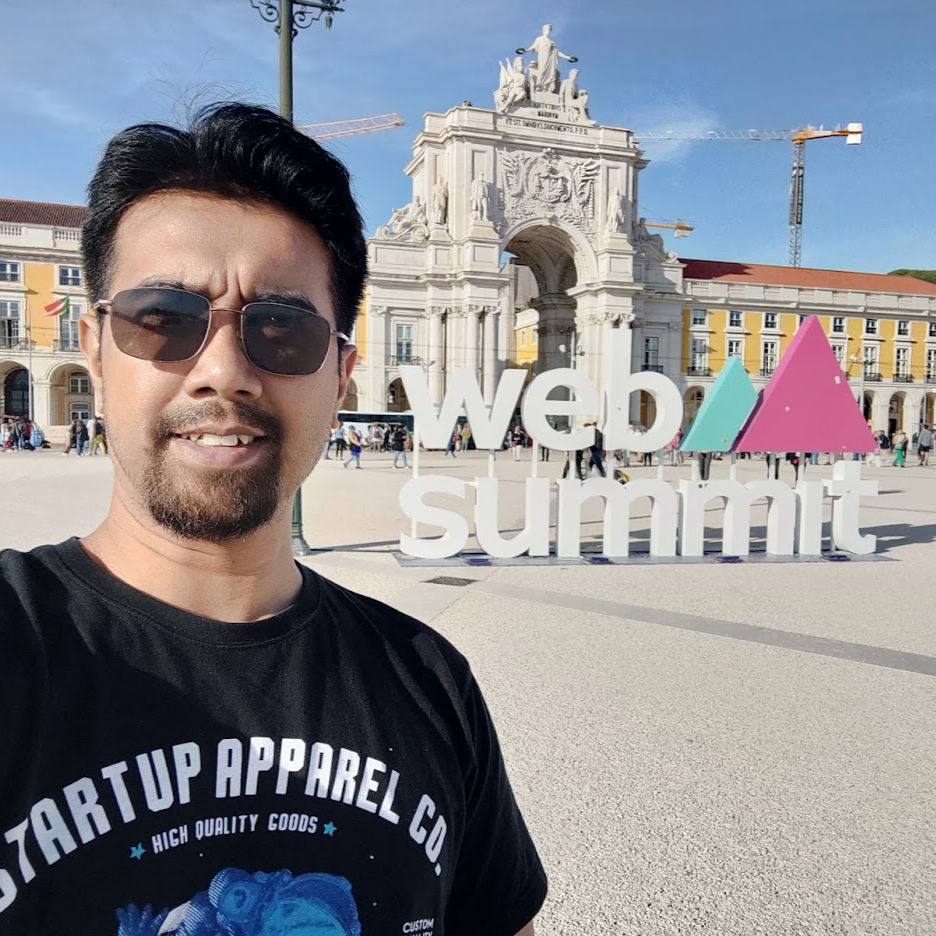
Bonus
Online Course
Laravel Tahap 1
This is a pre-recorded online containing 18 videos totaling to 7 hours and 20 minutes viewing time. The course covers topics such topics like MVC, Eloequent ORM, Blade templating, Routing, Seeding, Migration, Authentication, and many more.
Delivered in Bahasa Melayu
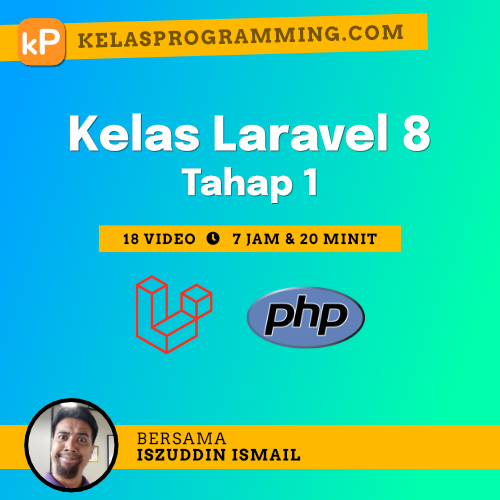
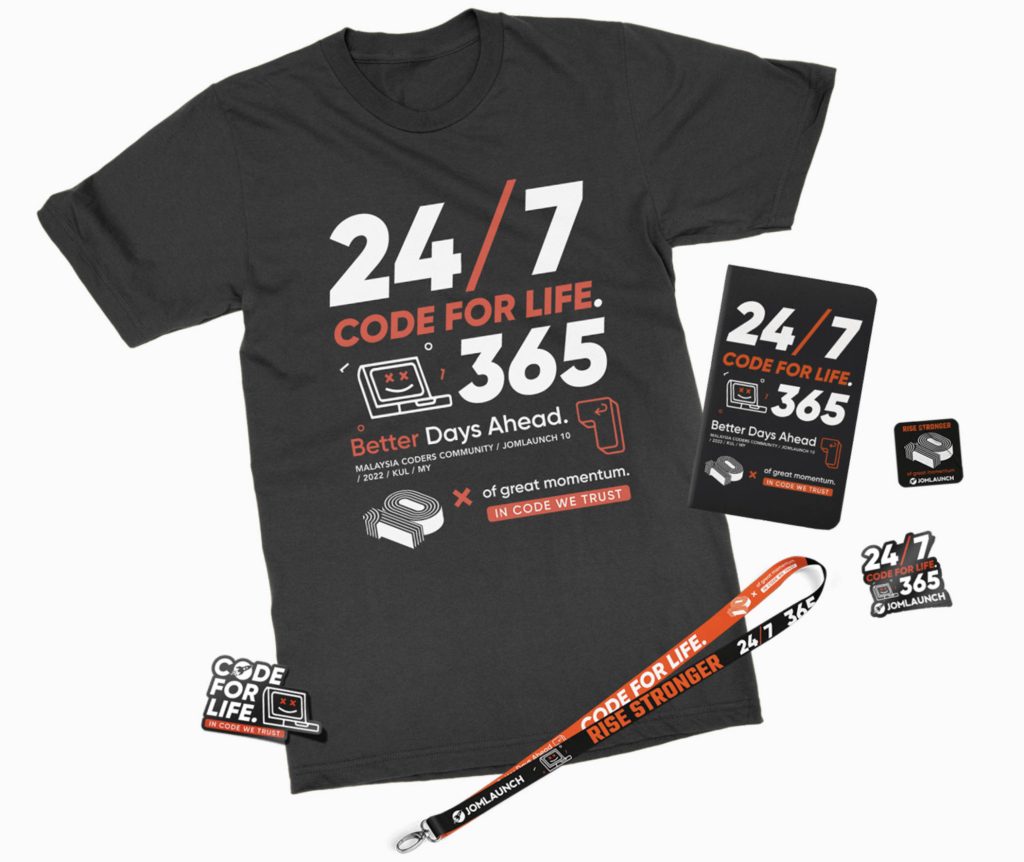
t-shirt and merchandise
24/7 Code For Life Kit
This kit contains a t-shirt, notebook, lanyard and some stickers
* subject to availability
Registration
Please enter your details below. We will be in touch with you as soon as we can.
Contact Us
KelasProgramming.com
by TamingTech Sdn Bhd (201701004303)
321A, First Floor, Lorong Selangor,
Taman Melawati
53100 Kuala Lumpur
Email : hq@tamingtech.my
Phone / WhatsApp : +60134464601